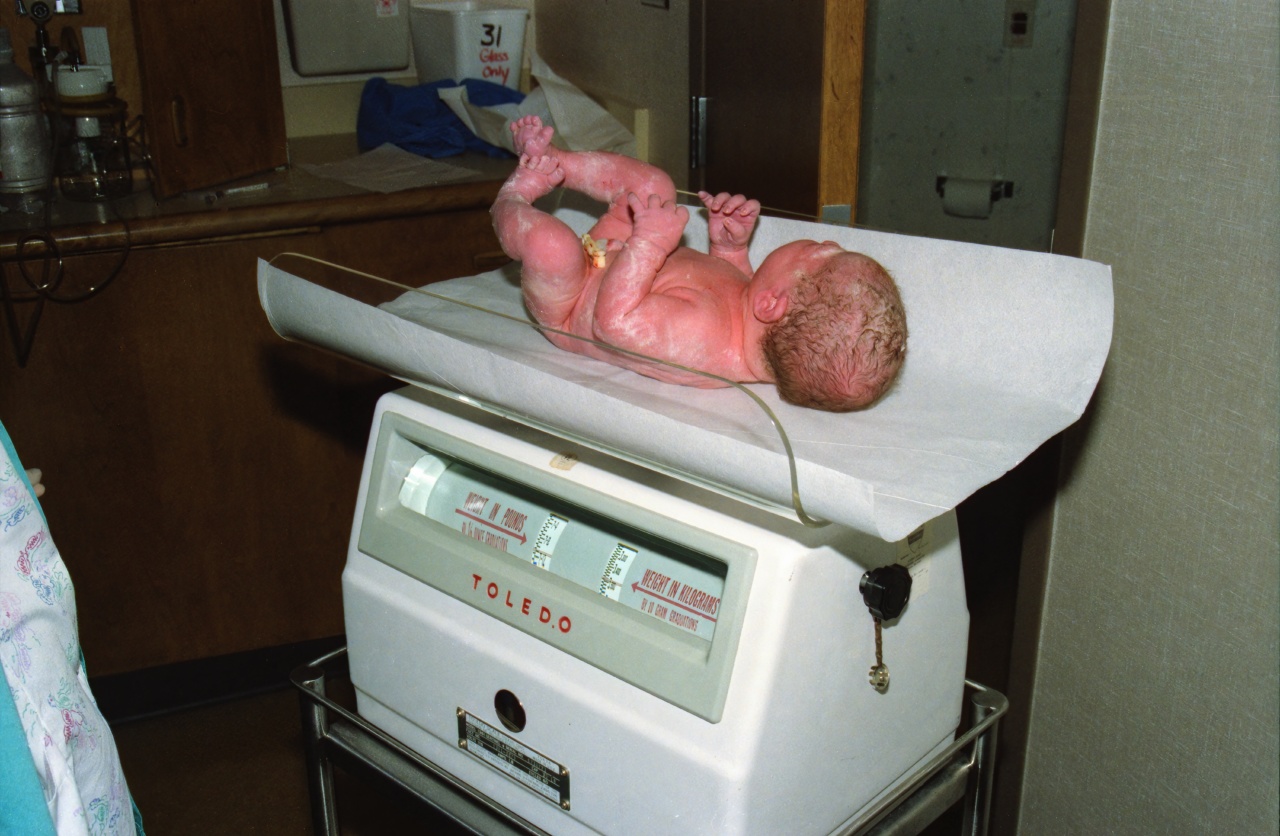Pregnancy brings about multiple physical and emotional changes in a woman’s life. One of the common concerns during this period is weight gain, as it is a natural part of the gestational process.
However, many women may not realize that interpregnancy weight gain, the weight gained between pregnancies, can have significant effects on the health of their babies. In this article, we will explore the dangers associated with interpregnancy weight gain and its potential impact on the developing child.
1. Increased Risk of Gestational Diabetes
Interpregnancy weight gain can increase the risk of developing gestational diabetes during subsequent pregnancies. Gestational diabetes is a condition characterized by high blood sugar levels during pregnancy.
It can have adverse effects on both the mother and the baby, including an increased risk of premature birth, macrosomia (large birth weight), and respiratory distress syndrome.
2. Higher Probability of Preterm Birth
Excessive weight gain between pregnancies can lead to an increased likelihood of preterm birth. Preterm birth refers to the delivery of a baby before 37 weeks of gestation.
Babies born preterm may face various health complications, such as respiratory distress syndrome, developmental delays, and a higher risk of long-term disabilities.
3. Impact on Baby’s Birth Weight
Interpregnancy weight gain is closely associated with the baby’s birth weight. Research suggests that women who gain excessive weight between pregnancies are more likely to have larger babies, increasing the risk of childbirth complications.
These complications can include prolonged labor, birth injuries, and the need for cesarean section (C-section) deliveries.
4. Increased Risk of Childhood Obesity
Children born to mothers who experience interpregnancy weight gain are at a higher risk of developing childhood obesity.
Excessive maternal weight gain has been linked to a higher likelihood of the child being overweight or obese throughout their childhood. This increased risk of childhood obesity can have long-term health implications, including an elevated risk of diabetes, cardiovascular diseases, and psychological issues.
5. Developmental Delays
Interpregnancy weight gain has also been associated with developmental delays in children.
Studies suggest that children born to mothers with excessive weight gain between pregnancies may be at a higher risk of cognitive and motor skill developmental delays. These delays can impact the child’s ability to reach developmental milestones and may require interventions such as early intervention programs or therapy.
6. Higher Risk of Neural Tube Defects
Neural tube defects (NTDs) are serious birth defects that affect the brain, spine, or spinal cord of the developing fetus. Interpregnancy weight gain has been identified as a risk factor for NTDs.
It is important for women to maintain a healthy weight between pregnancies to reduce the chances of their baby being affected by these devastating conditions.
7. Impaired Immune System
Excessive interpregnancy weight gain can negatively affect the immune system of both the mother and the baby. It can lead to inflammation and changes in the maternal immune response, increasing the susceptibility to infections and diseases.
Furthermore, the baby’s immune system development in the womb can be compromised due to factors associated with maternal obesity.
8. Potential Long-Term Health Issues
Interpregnancy weight gain may also have long-term health effects on the child beyond infancy and childhood.
Research suggests that babies born to mothers who experience excessive weight gain between pregnancies have an increased risk of developing chronic health conditions later in life. These conditions include type 2 diabetes, obesity, hypertension, and cardiovascular diseases.
9. Impact on Maternal Health
Interpregnancy weight gain not only affects the baby’s health but also poses risks to the mother.
Women who gain excessive weight between pregnancies are at an increased risk of obesity and associated health issues, such as hypertension, gestational diabetes, and cardiovascular diseases. These health conditions can have long-lasting effects on the mother’s well-being and increase the risks for future pregnancies.
10. Importance of Healthy Lifestyle Choices
To mitigate the potential dangers associated with interpregnancy weight gain, it is crucial for women to adopt and maintain a healthy lifestyle before, during, and after pregnancy.
This includes engaging in regular physical activity, consuming a balanced and nutritious diet, managing stress levels, and maintaining a healthy weight. Taking proactive steps to establish healthy habits can positively impact both the mother’s and the baby’s well-being.































